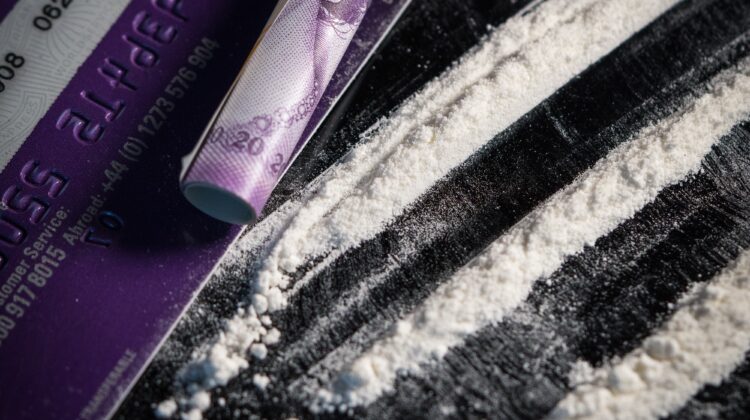The BC Coroners Service is reporting 1,158 British Columbians have lost their lives to unregulated drug toxicity in the first half of this year.
According to preliminary data released by the Coroners Service today (Tuesday), the number of deaths to date this year is lower than at the same mark over the last three years, around six people are still dying each day to unregulated toxic drugs.
“People are continuing to lose their loved ones in communities across BC at a tragic rate,” said Acting Chief Coroner John McNamee.
“Even as the figures reflect a 9% decrease in the number of deaths reported to the coroners service during the first six months of this year from 2024, the number of lives lost is still significant.”
According to the Coroners Service, 181 suspected unregulated drug deaths occurred in BC in May, and 185 in June.
That includes seven people in the Northwest in those two months, bringing this year’s death toll in the area to 23.
Northern Health tallied 30 deaths in May (11) and June (19), 21 of which happened in Prince George.
In June, the health authority had the highest unregulated drug death rate per 100,000 at 6.0, followed by Island Health at 4.1.
Minister of Mental Health and Addictions Jennifer Whiteside issued the following statement after the report was released:
“Today, we acknowledge with deep sadness the latest report from the BC Coroners Service, which reveals the tragic loss of 181 and 185 people in British Columbia this May and June due to toxic-drug poisoning. Every single one of these people was irreplaceable to their loved ones, and our words fall short of bringing comfort to those who are grieving and enduring a heartbreaking loss. These losses reinforce the urgent need to keep people safe from toxic drugs and to connect them with care and treatment that works for them.
“As noted in the report, the number of toxic-drug deaths in the first six months of 2024 is lower compared to the same period in 2023, and the rate of death is at its lowest point in four years. We are monitoring this closely as we continue to expand access to treatment and recovery services, and services to keep people safe.
“We are constantly adding more services and removing barriers for people to access the care they need, when and where they need it. Since 2017, we’ve added more than 659 new substance-use beds, and last year there were 1,000 more people accessing treatment and recovery beds than 2022. Last week, we announced the expansion of Road to Recovery, a made-in-B.C. model of addictions care that brings a team together to give people individualized support every step of the way, from detox to treatment and aftercare. This proven innovative model launched with Vancouver Coastal Health and Providence Health Care at St. Paul’s hospital in 2023 and we are now working with health authorities to make it available to everyone in B.C. The expansion will include 100 new substance-use beds and outpatient services in all health authorities, as well as a single access line to get connected to addictions care in each region.
“Going forward, we will continue to work to ensure everyone in B.C. has access to the right care at the right time and in the right place. For adults with complex needs, there is now more high-quality, team-based care available through 500 complex-care housing spaces. We are also scaling up services for people living with a brain injury related to an overdose, through new programs, such as the Cognitive Assessment and Rehabilitation for Substance Use program. At the same time, we are continuing to work urgently to build a fully connected system of mental-health and addictions supports for youth and young people.
“Every single one of these deaths is a stark reminder that there is more work to do. There is no one solution that will end this crisis. That’s why we are taking action to deliver the programs and services that people need wherever they are on their journey. I believe that if we continue to work together to intervene early, keep people safe from toxic drugs, connect people to treatment and care, and support ongoing wellness and recovery, we can continue to save lives.”
Something going on in the Bulkley Valley Lakes District you think people should know about?
Send us a news tip by emailing [email protected].





